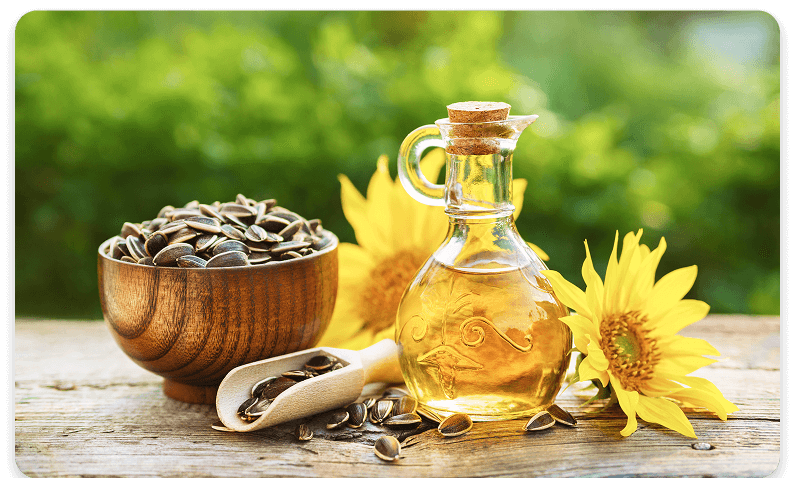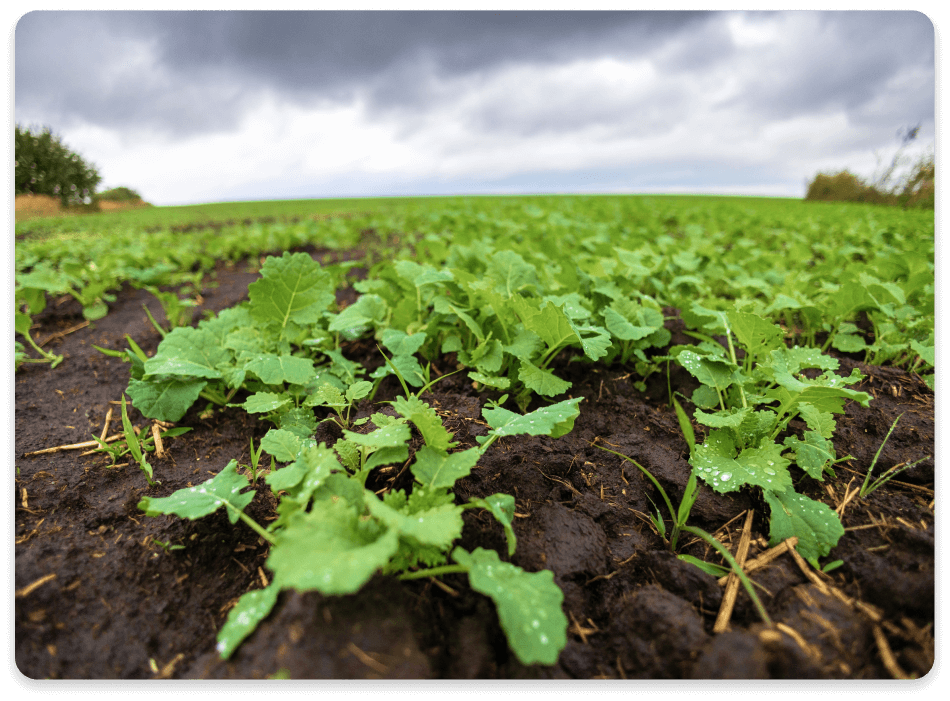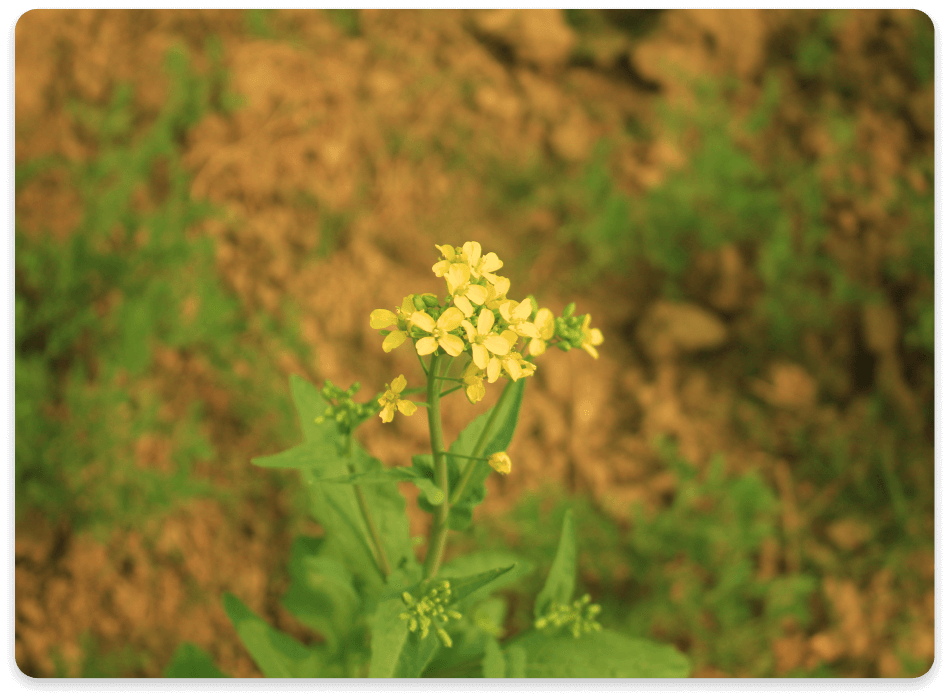

Mustard plants require nitrogen, phosphorus, potassium, calcium and magnesium to grow.
Nitrogenous fertilisers such as urea or ammonium sulfate are commonly used to supplement nitrogen levels in the soil.
Phosphatic fertilisers like single superphosphate or diammonium phosphate are commonly used to supply phosphorus to the soil.
Potassium-based fertilisers like potassium chloride or potassium sulfate are applied to meet the potassium requirements of mustard plants.
Sulphur-containing fertilisers like ammonium sulfate or gypsum are used to supply sulphur to the soil.
Micronutrient-rich fertilisers or foliar sprays are utilised to address micronutrient deficiencies.


Mustard seeds require adequate moisture for successful germination. During this stage, the soil should be kept consistently moist to ensure proper seedling emergence and establishment. Irrigation might be required in case of insufficient rainfall.

During the vegetative growth stage, mustard plants require regular watering to support leaf development, canopy formation and overall plant growth. Maintaining adequate soil moisture levels is essential to promote healthy and vigorous foliage.

Water availability becomes critical during the flowering and pod formation stage of mustard plants. Sufficient water supply during this period can result in better pollination, reduced pod development and lower seed yield. Adequate soil moisture should be maintained to support proper flowering and pod formation.
As mustard plants enter their ripening phase, they require less water compared to earlier growth stages. It is important to allow the soil to dry slightly during this period to prevent excess moisture, which can lead to seed spoilage and diseases. However, the soil should be allowed to stay dry, as it can negatively affect seed quality and yield.
In areas with inadequate rainfall or during dry spells, supplemental irrigation is necessary to meet the water demands of mustard plants as and when required. Efficient irrigation methods such as drip irrigation or sprinkler irrigation can help optimise water usage and reduce water wastage.
It’s important to monitor soil moisture levels regularly and adjust irrigation practices accordingly to ensure that mustard plants receive adequate water during critical growth stages. Local agricultural experts, extension services or experienced mustard growers can provide valuable guidance on specific water requirements for mustard cultivation in a particular region.
Districts: Bardhaman, Murshidabad
Districts: Samastipur, Patna
District: Ranchi
District: Mayurbhanj
